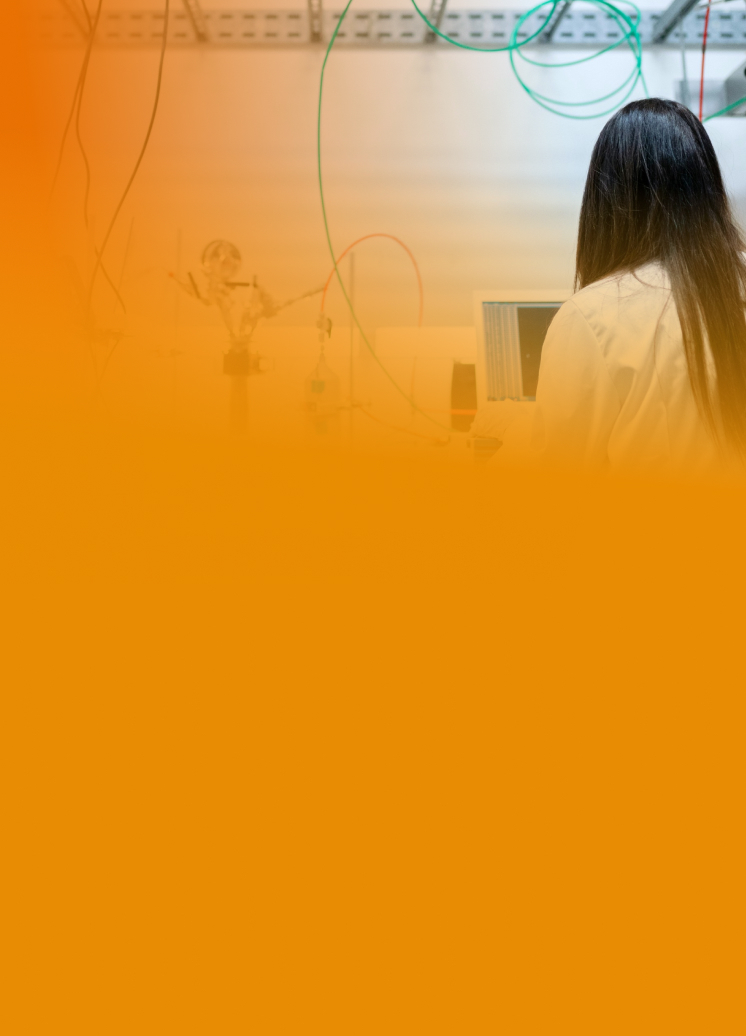In the research world, sustainability is essential! Laboratories are resource-intensive operations. In fact:
- Research labs are estimated to be responsible for 2–3 % of global plastic waste.
- Globally, life-science research uses an estimated 5.5 million metric tons of plasticware per year.
- Laboratories often generate 3-5× more waste per square foot than standard office spaces.
Because of this, Tisch MSRCNY has adopted a forward-looking, multi-pronged sustainability strategy that goes beyond the baseline expectations in many academic or clinical research settings.
1. Facility-wide general recycling program
Tisch ensures that all nonhazardous waste streams — paper, plastics, metals, etc. — are sorted and directed into recycling channels. This is foundational, but many labs simply treat all waste as single-stream or incinerable.
2. Tip box recycling via Polycarbin
Pipette tip boxes or racks, made of specialized lab plastic, are often hard to recycle and can be a major contributor to lab waste. Tisch partners with Polycarbin to collect and recycle them, substantially reducing the lab’s plastic footprint!
3. Food waste composting + Compostable flatware & utensils
Rather than conventional plastic cutlery in our staff spaces, Tisch uses alternatives that can be composted alongside our food waste. This may seem basic, but in one sustainability benchmark, only 37% of facilities composted food waste.
4. Biohazard waste removed by Stericycle + chemical waste by Veolia
Tisch ensures that regulated biological and chemical wastes are handled by recognized specialized vendors that comply with environmental and safety regulations. This is standard for regulated waste, but Tisch’s emphasis on outsourcing to expert handlers helps guarantee compliance and traceability.
5. Repair-first approach to equipment issues
Instead of immediately replacing malfunctioning equipment, Tisch prioritizes repair whenever possible. This avoids premature obsolescence, saves money, and reduces the carbon cost of manufacturing, transporting, and disposing of new instruments.
6. Trade-in program for equipment replacement
When equipment must be replaced, Tisch seeks out trade-in programs to return old instruments. This helps close the loop, reducing electronic and metal waste, and helps us recoup residual value.
In short, Tisch MSRCNY’s approach to sustainability is holistic — covering general recycling, composting, specialized recyclers, repair, and trade-ins. By utilizing both upstream and downstream strategies, we reduce out carbon impact while maintaining rigorous research standards.

